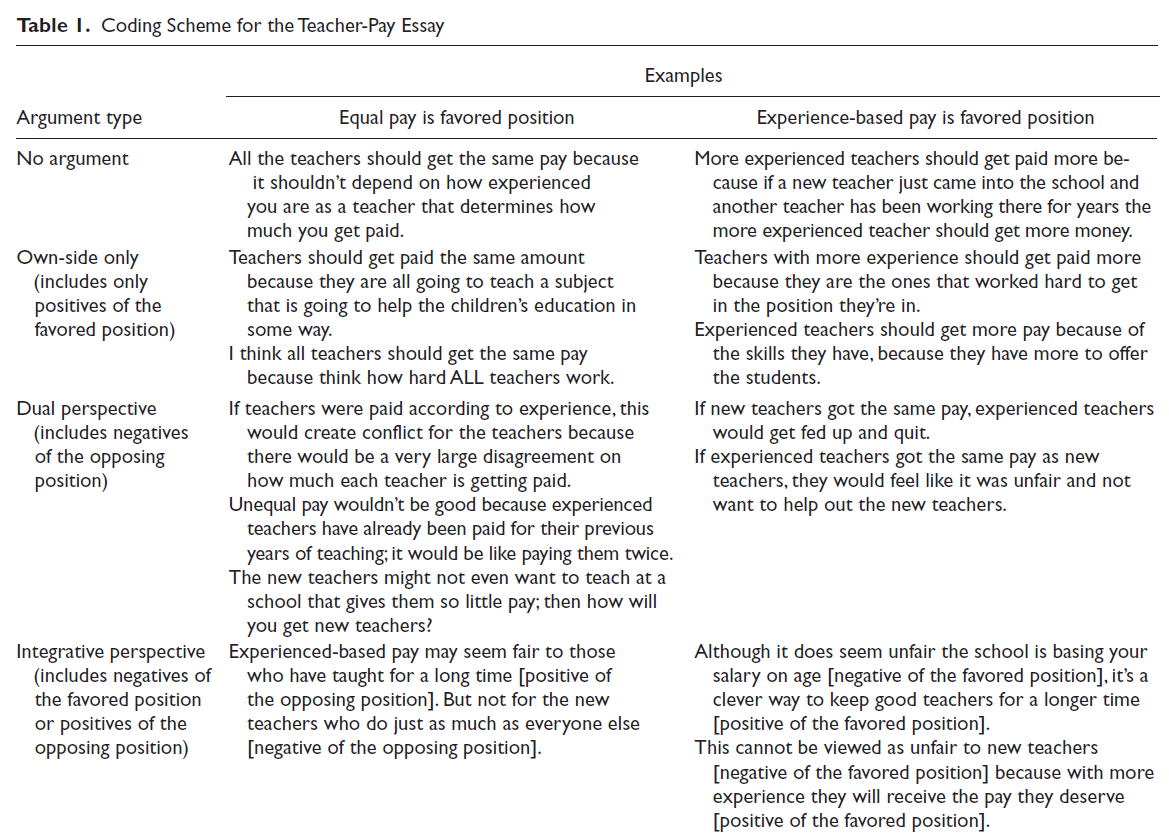Can Critical Thinking Be Taught?
As a faculty member in a department that offers a doctoral program, the question of whether critical thinking could be taught probably sounds rhetorical. A doctorate in philosophy after all requires making a contribution to human knowledge, extending what we know, and defending this original contribution before the faculty. Solving a consequential problem for the first time obviously requires critical thinking. During doctoral training, the student acquires this ability through practice and examples. Critical thinking, like any ability, is often caught, not taught. With the desire to promote critical thinking in basic education where teachers do not normally engage in original research, it is timely to ask whether critical thinking can in fact be taught.
First, it is useful to describe what critical thinking entails. People hold beliefs for various reasons. In a soccer game for young children, a coach simply makes sure that every kid gets to play regardless of skills. This is an example of a belief based on values. Every child should be given an opportunity. There are beliefs, however, that need to be supported by evidence. A curriculum for basic education is an example. It is along this line that a less abstract discussion of what critical thinking entails is possible. Deanna Kuhn, in The Skills of Argument, offers an operational description of critical thinking. Dennis Fung outlines Kuhn's proposal in a paper published in the International Journal of Education Research:
Kuhn and Cromwell have in fact employed the above model to see if critical thinking can be taught in basic education. Their work published in the journal Psychological Science considers the possibility of teaching critical thinking to 11 and 12-year old children in middle school. The experiment randomly divides the class into two groups. One group (intervention) participates in a multiyear class that uses electronically conducted dialogues on social issues as the medium to develop reasoning skills, while the second group (comparison) receives direct instruction and participates in teacher-led discussions on the same issues. With Kuhn's model, the quality of reasoning can be assessed as illustrated in the following table:
- differentiate opinions from evidence;
- support opinions with non-spurious evidence;
- propose opinions alternative to one's own and know what evidence would support them;
- provide evidence that simultaneously supports one's own opinions while rebutting the alternatives; and
- take an epistemological stance that involves weighing the pros and cons of what is known.
 |
| Above copied from Psychological Science 22(4) 545–552 |
The issue in question here is stated as follows:
The new Columbia Town School has to decide how to pay its teachers. Some think every teacher should get the same pay. Others think that teachers should be paid according to how much experience they have, with teachers getting more pay for each year of teaching experience they have. Which do you think is the better plan and why?Kuhn and Cromwell regard both dual and integrative perspectives as higher orders of reasoning. And with this measure, the difference between the two groups is remarkable:
 |
| Above copied from Psychological Science 22(4) 545–552 |
The intervention clearly helps students develop dual-perspective arguments. After three years, for this particular cohort, thirty percent of the students in the intervention group have developed an integrative perspective. No student in the comparison group has reached such level. In addition to gauging the arguments of the student, at the end of Year 3, students are asked to provide questions that may provide answers supporting their argument. In this area, the intervention group raises more questions than the comparison group. In addition, the questions raised by the comparison tend to be "case-based" (For example, "Who is the teacher?) and not general (For example, "What is the average years of experience for teachers in the school?).
There are several points worth noting from this study. Direct instruction seems ineffective in helping students develop reasoning skills. The intervention covers three years before the highest level is reached. It is clearly a multi-year effort. As society clamors for critical thinking in basic education, it is important to point out that such task is not that easy....
Comments
Post a Comment